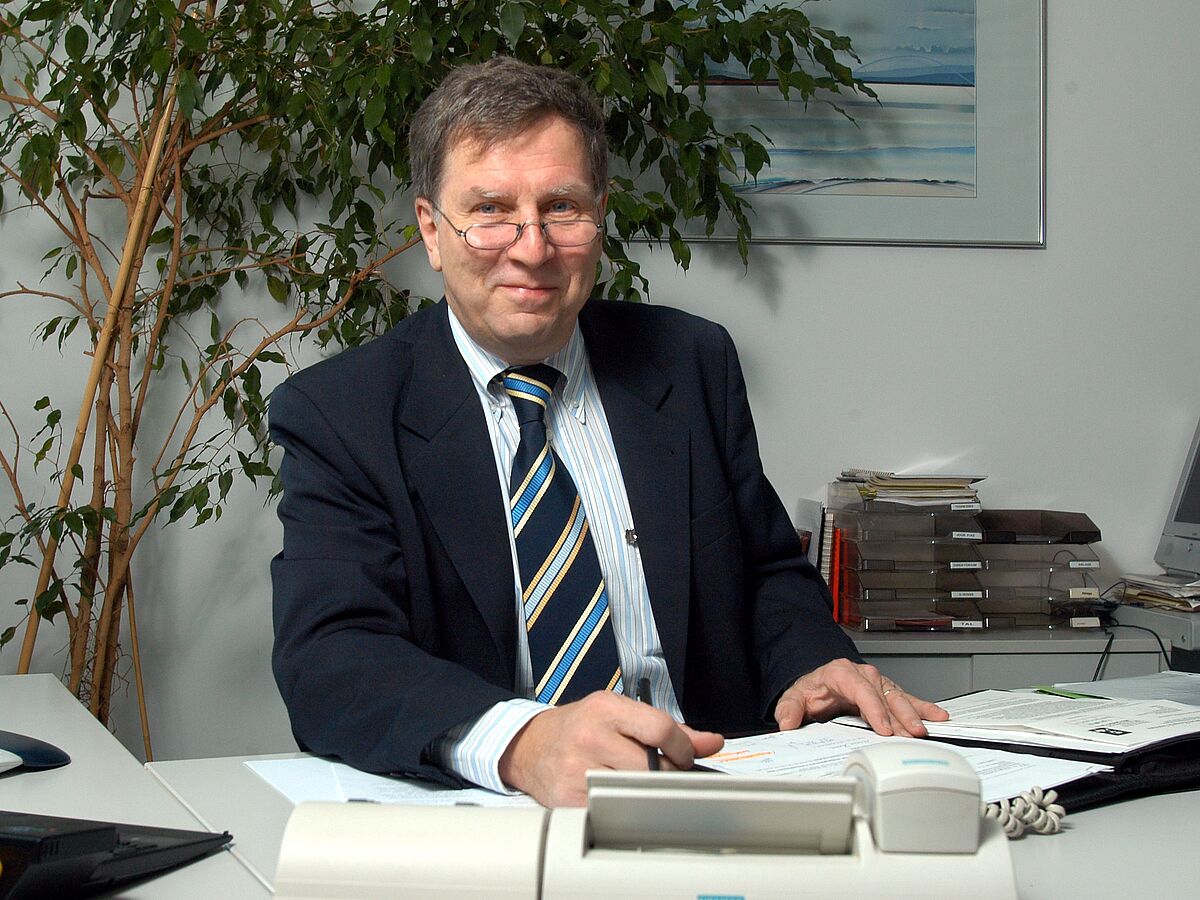The physicist Wolfgang Sandner is Director at the Max Born Institute for Nonlinear Optics and Short Pulse Spectroscopy, Professor at the Technische Universität Berlin and Deputy Chair of the Board of the Forschungsverbund Berlin e.v. (Berlin Research Association). His research activities are focused on the interaction of matter with high-power laser light.
Wolfgang Sandner heads the DPG at a time in which science is increasingly concerned with the major challenges of our society such as energy, climate, mobility, security and health, extending beyond the boundaries of disciplines and national borders. Without a basic knowledge of physics this would be impossible for all disciplines. “The DPG therefore also sees a particular responsibility in providing physical facts and methods as an objective basis for political decisions” stated Sandner.
This is, however, only possible when society and politics cooperate on a long term basis: “We must ensure that the quality of school education as well as teaching and research at German universities are maintained at a high international standard”, says Sandner. “We need to continue educating young people in a way which has made physicists so attractive to science and industrial employment. Therefore the Master degree must become the standard qualification in Physics, of equal value to the former Diploma.”
Sandner clearly rejects the transformation of the Ph.D. thesis into a further phase of the academic study: “Graduate studies as the third phase in academic training is unacceptable for Physics. Rather, adoctoral thesis is the first phase of a professional career as a scientist. This feature is essential. A physics thesis puts specialised and often highly specific demands both on doctoral students and their supervisors. These cannot be squeezed into the credit point schemes of formal graduate studies.”
Wolfgang Sandner (born 1949) studied Physics at Universität Freiburg im Breisgau. Since 1979, following a dissertation in atomic physics he pursued research with lasers, initially at the Stanford Research Institute (SRI International) in California, USA. In the course of his scientific career he has heldProfessor positions in Wurzburg and Freiburg (Germany) and at the University of Tennessee (USA). In 1993 he was appointed Director at the Max Born Institute in Berlin Adlershof, since 1994 also C4 Professor at the Technische Universität Berlin. Wolfgang Sandner is a member of numerous research committees at the national and the European level and coordinator of “Laserlab Europe”, a network funded by the European Union andcomprising 26 of the most important national laser research institutes in 16 European countries. Wolfgang Sander shall hold the function of President of the Deutsche Physikalische Gesellschaft from 2010 to 2012.
The German Physikalische Gesellschaft e.v. (DPG) is the oldest and with over 58,000 members the largest specialist association of physicists worldwide. As a non-profit organisation it pursues no commercial interests. The DPG promotes the exchange of ideas within the scientific community and also wishes to open a window to physics to those who are curious. The DPG has its headquarters in Bad Honnef .


